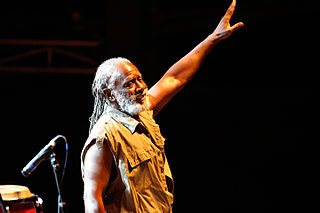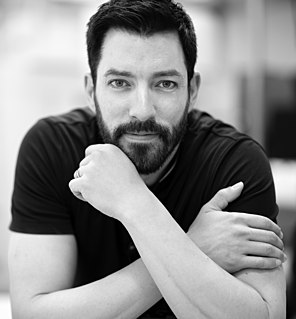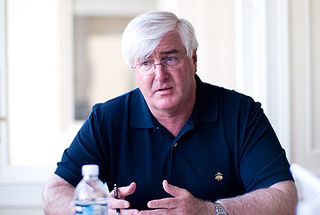A Quote by Donald Berwick
Competition makes things come out right. Well, what does that mean in health care? More hospitals so they compete with each other. More doctors compete with each other. More pharmaceutical companies. We set up war. Wait a minute, let's talk about the patient. The patient doesn't need a war.
Related Quotes
Artists talk about art in sort of straightforward terms, more like the way you talk about plumbing fixtures. Does it function well? Does it bring the hot water up from the cellar efficiently, or does it lose too much thermodynamic energy in the process? Artists are also very ruthless with each other and can be very brutal in evaluating each other's work because their criteria is almost more mechanistic. Does it do what it's supposed to be doing in an efficient way? That doesn't mean that intention is not part of the conversation, but it's not the foreground.
Intensive mothering is the ultimate female Olympics: We are all in powerful competition with each other, in constant danger of being trumped by the mom down the street, or in the magazine we're reading. The competition isn't just over who's a good mother--it's over who's the best. We compete with each other; we compete with ourselves. The best mothers always put their kids' needs before their own, period.
As the world is getting smaller, it becomes more and more important that we learn each other's dance moves, that we meet each other, we get to know each other, we are able to figure out a way to cross borders, to understand each other, to understand people's hopes and dreams, what makes them laugh and cry.
By 'flat' I did not mean that the world is getting equal. I said that more people in more places can now compete, connect and collaborate with equal power and equal tools than ever before. That's why an Indian in Bangalore can take care of the office work of American doctors or read the X-rays of German hospitals.
In the last century the practice of medicine has become no more than an adjunct to the pharmaceutical industry and the other aspects of the huge, powerful and immensely profitable health care industry. Medicine is no longer an independent profession. Doctors have become nothing more than a link connecting the pharmaceutical industry to the consumer.
I think the things that are more painful to me are not the intrusion of paparazzi, it's the lack of civility that I find more intimidating and far more painful an experience. It's the lack of critical thinking. It's the endless snarky, mean way we talk about each other, we approach each other. The anonymity of being cruel, the delight in tearing people down. The tabloid era that we find ourselves in is a cultural boneyard, and that is painful to me.
I still believe that we can offer you a much deeper, more engaging, more compelling play experience on a PC than we can on a mobile device, but one can enhance the other, and one can expand the other. I don't think they necessarily will compete with each other, just like how we find a place for movies in our lives, and TV and radio.
The biggest concern with female athletes is they don't naturally compete. And so I think a part of what we do here exceptionally well that separates us from other programs is we train them to compete. So a huge challenge in women's athletics is to get them to compete against their teammates and friends in practice with the same intensity they compete with their bitter rivals. So that's a huge challenge for me, to get the women in practice to go after each other the way you would a rival
Two persons who have chosen each other out of all the species with a design to be each other's mutual comfort and entertainment have, in that action, bound themselves to be good-humored, affable, discreet, forgiving, patient, and joyful, with respect to each other's frailties and perfections, to the end of their lives.




































